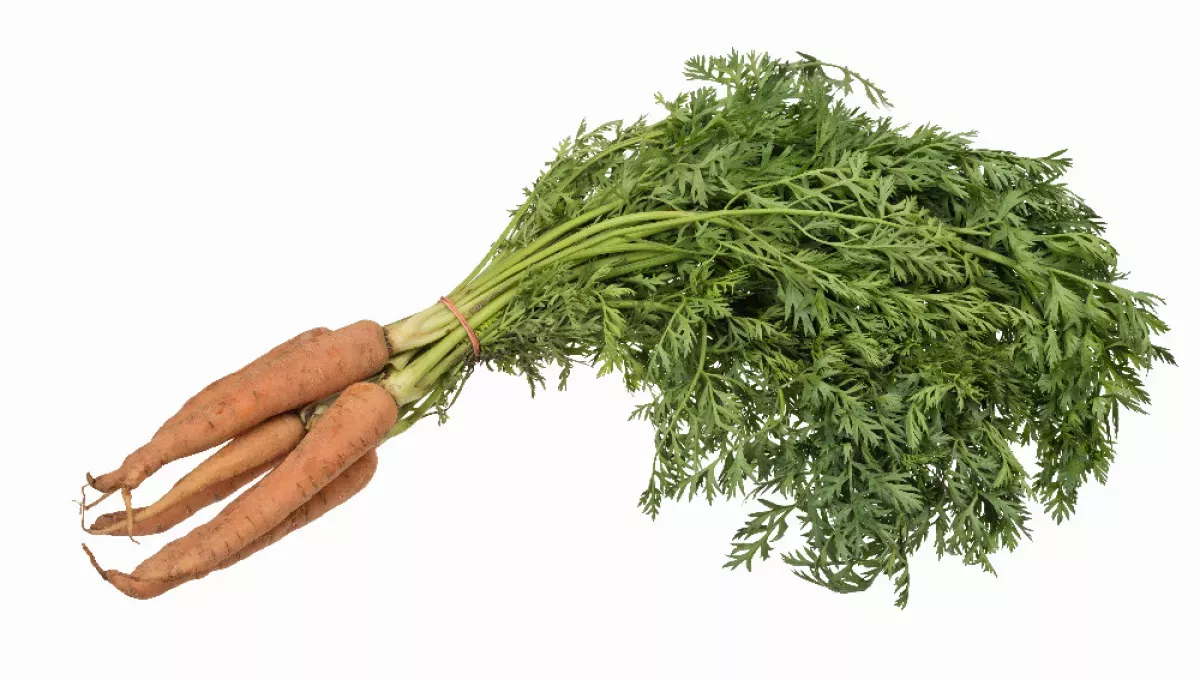The carrot, a root vegetable typically orange but found in various colors, is a domesticated form of Daucus carota, native to Europe and Southwestern Asia. Initially cultivated for its leaves and seeds, its taproot is now the most consumed part. Selective breeding has resulted in larger, tastier, and less woody roots. Carrots are enjoyed both raw and cooked across diverse cuisines.
1942: Carrot Consumption during World War II
During World War II, Britain promoted carrot consumption as part of the "Dig for Victory" campaign. The campaign, including the radio program "The Kitchen Front," encouraged people to grow, store, and consume carrots in innovative ways. This campaign contributed to a surplus of 100,000 tonnes of carrots in 1942.
2000: Early Carrot Cultivation and Uses
Around 2000-3000 BC, carrots were cultivated in Switzerland and Southern Germany, but they were primarily used for their aromatic leaves and seeds rather than their roots.
2002: Introduction of Purple Carrots
In 2002, purple carrots, which were orange on the inside, were introduced and sold in British stores.
2010: Carrot Allergies and Cross-Reactivity
A 2010 European study revealed that 3.6% of young adults had a sensitivity to carrots. The primary allergen in carrots, Dauc c 1.0104, cross-reacts with similar proteins found in birch and mugwort pollen, causing allergic reactions in individuals sensitive to these pollens.
2022: Global Carrot Production Statistics
In 2022, global carrot production, including turnips, amounted to 42 million tonnes, with China dominating at 44% of the total production.
Trending

52 minutes ago Killian Hayes inks 10-day contract with Kings, reviving NBA career.

52 minutes ago Honus Wagner T206 baseball card fetches millions at auction, breaking records again.
52 minutes ago Iowa Hawkeyes face Wisconsin Badgers: Predictions, odds and keys to the game.

53 minutes ago Canadians face gastro outbreak in Cancun resort; hotel demands NDA for treatment.

53 minutes ago Bridgeman Leads McIlroy by Six Shots at Genesis Invitational: Inaugural Win?

2 hours ago Isaiah Joe to start for Thunder; Williams comes off bench, joins first unit.
Popular

Jesse Jackson is an American civil rights activist politician and...

Barack Obama the th U S President - was the...

Bernie Sanders is a prominent American politician currently serving as...

Michael Joseph Jackson the King of Pop was a highly...

Ken Paxton is an American politician and lawyer serving as...
WWE Raw a professional wrestling television program by WWE airs...

